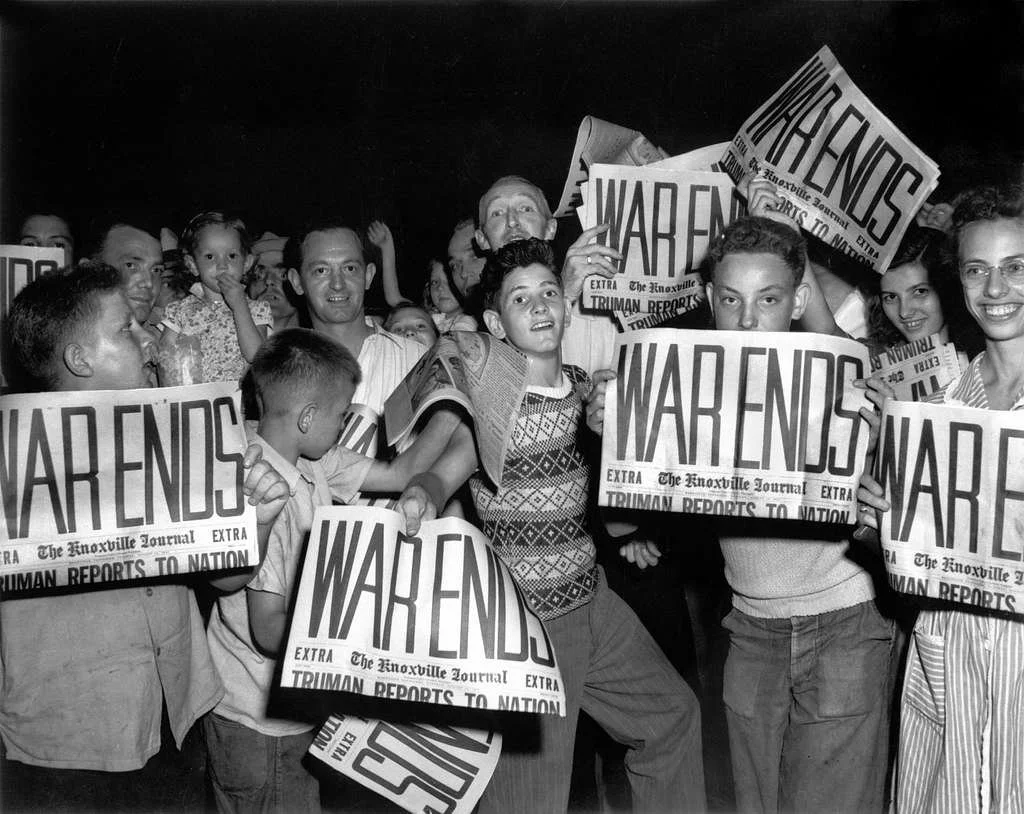Wishing you a happy Labor Day from the FHF team!
If you have ever wondered about the significance of this day, look no further as we dive into its origins and reveal some related stories that we’ve helped uncover with our clients...
Labor Day in the United States finds its origins in the labor movement of the late 19th century. Industrialization was rapidly transforming the nation, and workers faced grueling conditions, with long hours, low wages, and unsafe environments being all too common.
The working population had had enough and began to form labor unions that advocated for better working conditions, reasonable hours, and fair pay. This activism led to the first Labor Day celebration, which took place on September 5, 1882, in New York City. Organized by the Central Labor Union (CLU), it brought together all the unions in the city to create a unified voice for workers' rights.

Labor Day Parade in New York's Union Square, 1882
Our client’s grandfather was one of the first card carrying members of the United Mine Workers of America. In 1901 he was sent to the Canadian town of Frank, at the base of Alberta’s Turtle Mountain. Conditions in the mining town were poor, and on behalf of the UMWA he tried to get the miners there to unionise. Unfortunately he was unable to do so, and in April 1903, in part due to the instability of the mine, the mountain collapsed. 110 million tonnes of limestone fell from the mountain, burying nearly half the town.

Turtle Mountain after the slide
It was not long before the idea of Labor Day grew in prominence, with more cities and states recognizing the importance of honoring workers' contributions. By 1887, Oregon became the first state to make Labor Day an official public holiday, with several others following suit.
The movement gained further momentum as labor strikes and protests, such as the Pullman Strike of 1894, highlighted the struggles workers faced. A nationwide railroad strike, it resulted in significant unrest and violence, drawing national attention to the plight of laborers. In response, President Grover Cleveland signed legislation that not only recognized Labor Day as a federal holiday to be observed on the first Monday of September but also contributed to reforms such as safer working conditions, improved child labor laws, and the establishment of the eight-hour workday.
More recently, our client’s grandfather helped set up Dupaco, a credit union with over 150,000 members today. Dupaco was founded in 1948 by 10 employees of the Dubuque Packing Company in Iowa, who started it by each investing $5. The work of the company’s union, and employees like our client's grandfather, ensured that employees of ‘The Pack’ were some of the best paid in the city.

Dupaco Credit Union is chartered by the State of Iowa on July 17, 1948.
Today, Labor Day is more than just a long weekend marking the unofficial end of summer. It’s a time to gather with family and friends, enjoying the freedoms and rights that were hard-won by previous generations.
Older posts
How we get as much out of time with our clients as possible
How our clients react to our revelations about their history - and why those reactions are so important
How we’ve found innovative solutions to some unique issues with our clients’ projects
How we’ve risen to the challenges of COVID-19 with innovative and safe filming practices.
How COVID-19 has affected family history research - and why now is the perfect time to start doing it yourself
How our ongoing archiving service can organise generations of clutter into a library of precious memories.
Tracing Jewish ancestors has unique challenges and many rewards. In this short blog, I will try to give you an idea of what is involved.
Here’s something that someone said to us the other day:
‘Why would I want a Family History Film when I can record everything on my smartphone at no cost? And my nephew Kevin can put it all together on a slideshow for me’.
You can, of course, record much of your day to day life on a smartphone. But can you do all of the following?
Do you remember it like this – or like this? Memory can play tricks on what happened but a published story of your life can’t…
Those of us lucky enough to have lived in largely peaceful times and not obliged to go to war may naturally be shocked by recent divisions created by binary politics – notable examples being the UK and USA in the last couple of years – which not only divide society but in some cases, families.
I’ve made hundreds of videos for clients all over the world, having run a successful video company since 2010, written books about online video and pioneered numerous online video formats.
In these digital days, researching the past is more straightforward than it’s ever been. But history is far more than documented events, or columns of names on a ledger. We have to learn to interpret the facts and consider human motives if we want to achieve real understanding.
Family History Films, as the title suggests, is all about bringing family histories to life. So why, I was asked recently, have we launched Corporate Histories?
People ask us to make a Family History Film for a number of reasons: as a unique gift, a legacy for younger generations or ‘just because’.
In going through the journey with them – from the research and story-building to the filming and then putting it all together into a beautiful final package – we’ve found that clients can have a number of reactions...
An early client – a successful but busy executive - had often thought about family members he’d heard about during his childhood but had never met. Perhaps they emigrated or otherwise become disconnected. When his surviving parent became ill he felt it was time to act, but he did not have the available time.




























How reliving the past can preserve it for the future.